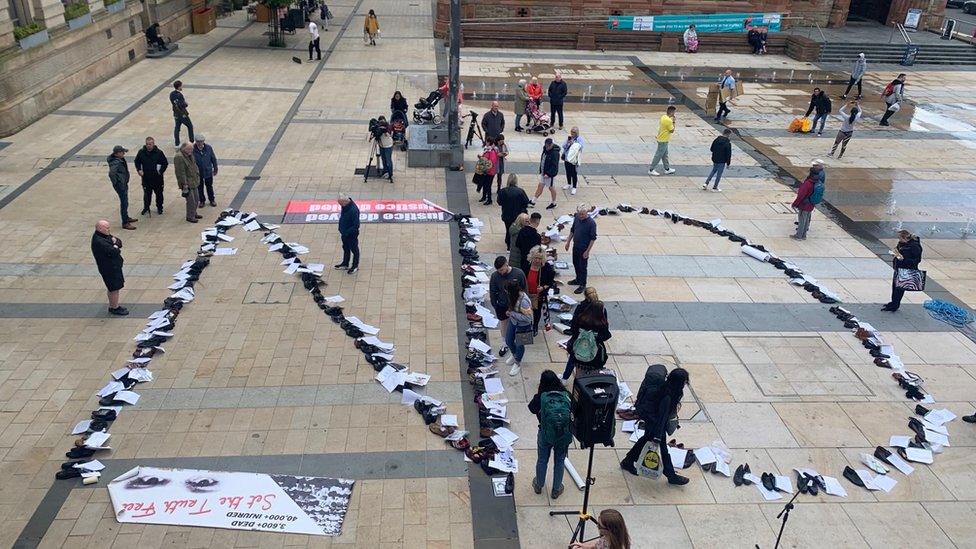NI Troubles: Government 'to discuss amendments to legacy bill'
- Published
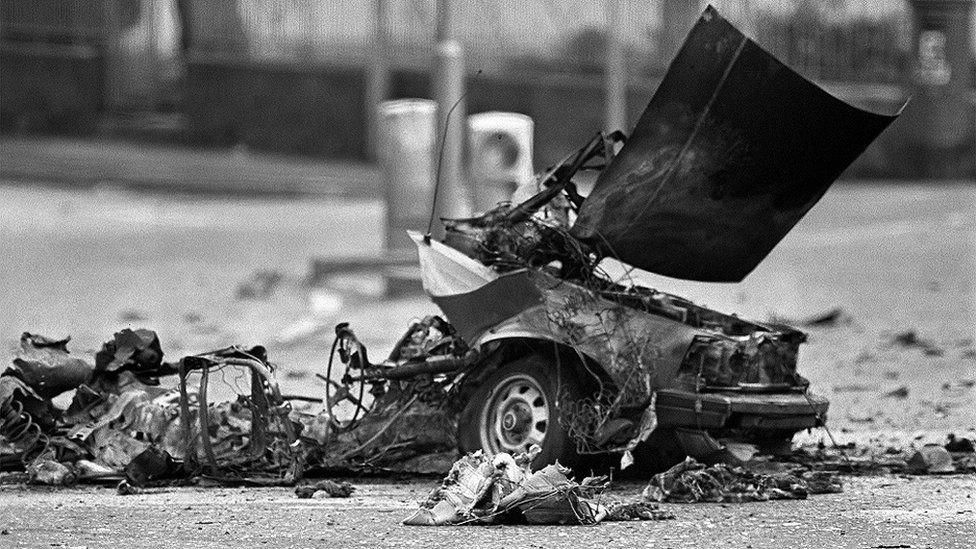
The government may consider ammending its controversial bill for dealing with the legacy of the Troubles
The government may be considering making amendments to its controversial Troubles legacy bill currently before Parliament, MPs have been told.
Former British police chief Jon Boutcher said the government "is keen to talk" to him about changes.
The bill has been met with opposition from Northern Ireland parties and victims' groups.
Mr Boutcher is concerned about "flaws" in the bill.
His worries are mainly around the effectiveness of reviews to be carried out by a new information recovery body.
As things stood, Mr Boutcher said it risks being "a shop no-one is going to visit".
The Northern Ireland Troubles (Legacy and Reconciliation) Bill, external is an attempt to deal with more than 1,000 unsolved killings.
A central element involves immunity from prosecution for those who co-operate with investigations or reviews run by a new Independent Commission for Reconciliation and Information Recovery (ICRIR).
It would be headed by a judicial figure.
Experts have previously stated the bill would not comply with human rights legislation.
Mr Boutcher is currently heading Operation Kenova, a team which is running multiple investigations into scores of Troubles-era murders in Northern Ireland.
He has been giving evidence to the Northern Ireland affairs committee at Westminster.
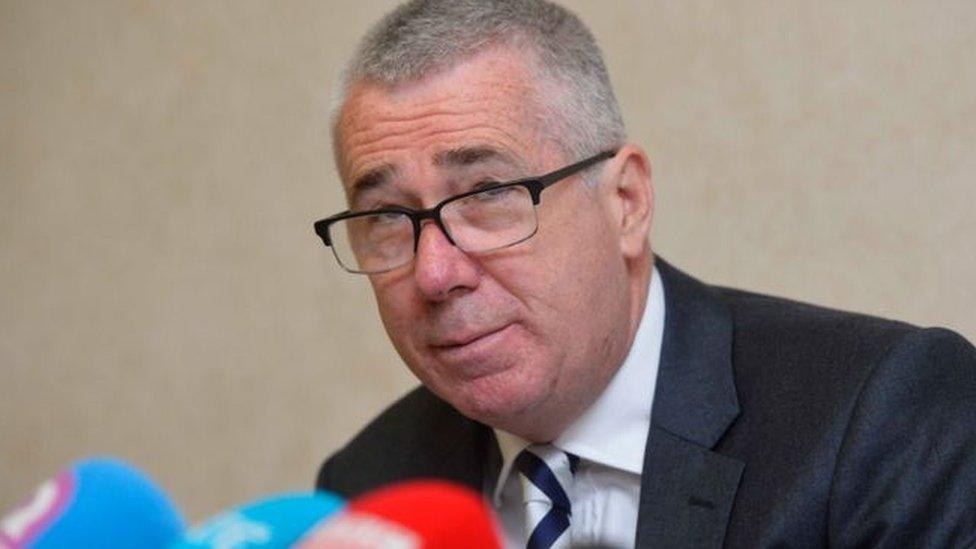
Jon Boutcher is heading independent investigations into several Troubles-era killings
"I want the bill to be acceptable to victims' groups," Mr Boutcher told the committee.
"I think the bill does need to have some amendments which the Northern Ireland Office has assured me they are keen to talk to me and others about.
"All efforts should be made by everybody to try to amend this bill to something that can achieve broad consensus."
The committee also heard from Stormont justice minister Naomi Long.
She said she could not support any move to "shut down access to justice" - not just the immunity from prosecution approach, but also the ending of all Troubles-related inquests and civil cases.
"It risks undermining public confidence in the justice system and represents an improper interference with the rule of law in Northern Ireland," Mrs Long said.
"I remain unconvinced that these proposals are workable."

Naomi Long has said proposals in the bill undermine public confidence in the justice system
Mark Hamilton, Deputy Chief Constable of the Police Service of Northern Ireland (PSNI), also appeared before the committee.
He told MPs it was not the role of the police to "express a view" on the government's bill or "the will of Parliament".
"We are by no means unaware of the depth of public feeling around the bill," Mr Hamilton said.
"Whether or not it causes problems remains to be seen. There a clearly a lot of challenges ahead for people."
Related topics
- Published17 May 2022
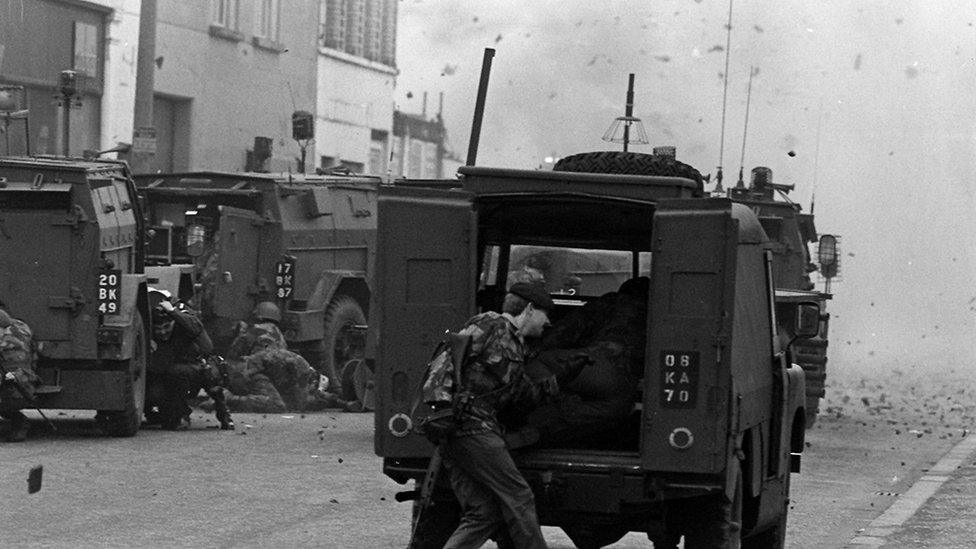
- Published14 May 2022
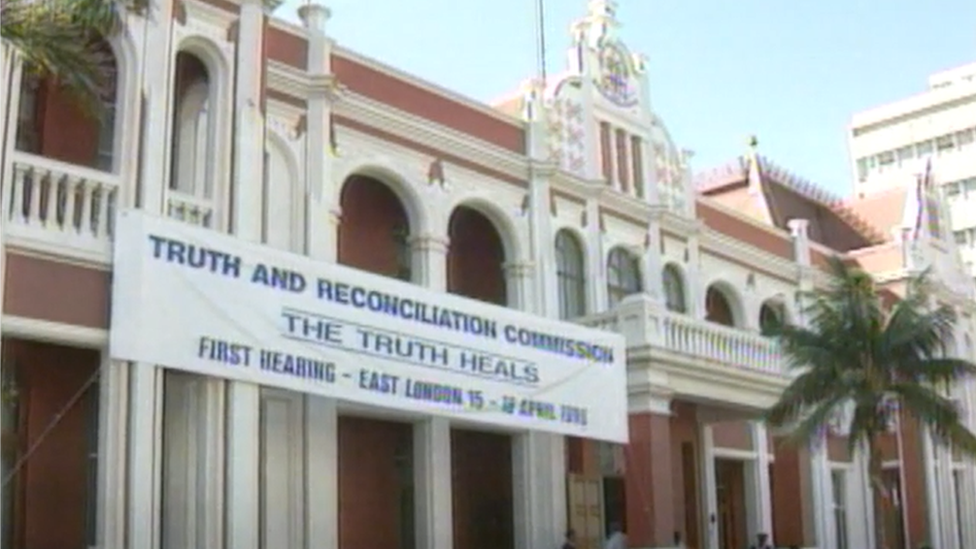
- Published24 May 2022
